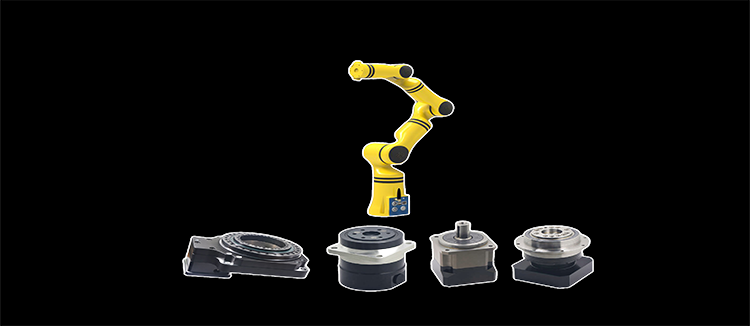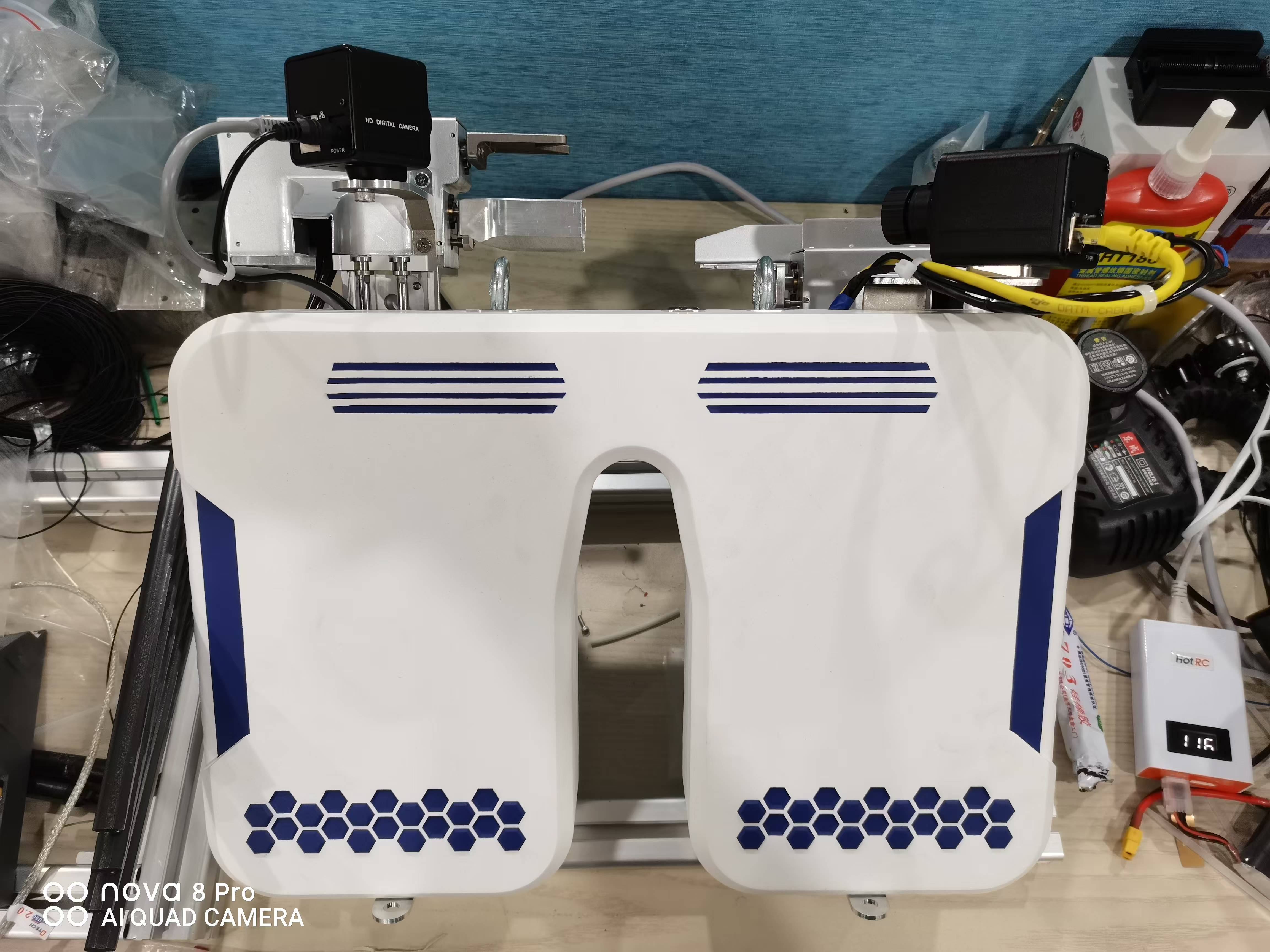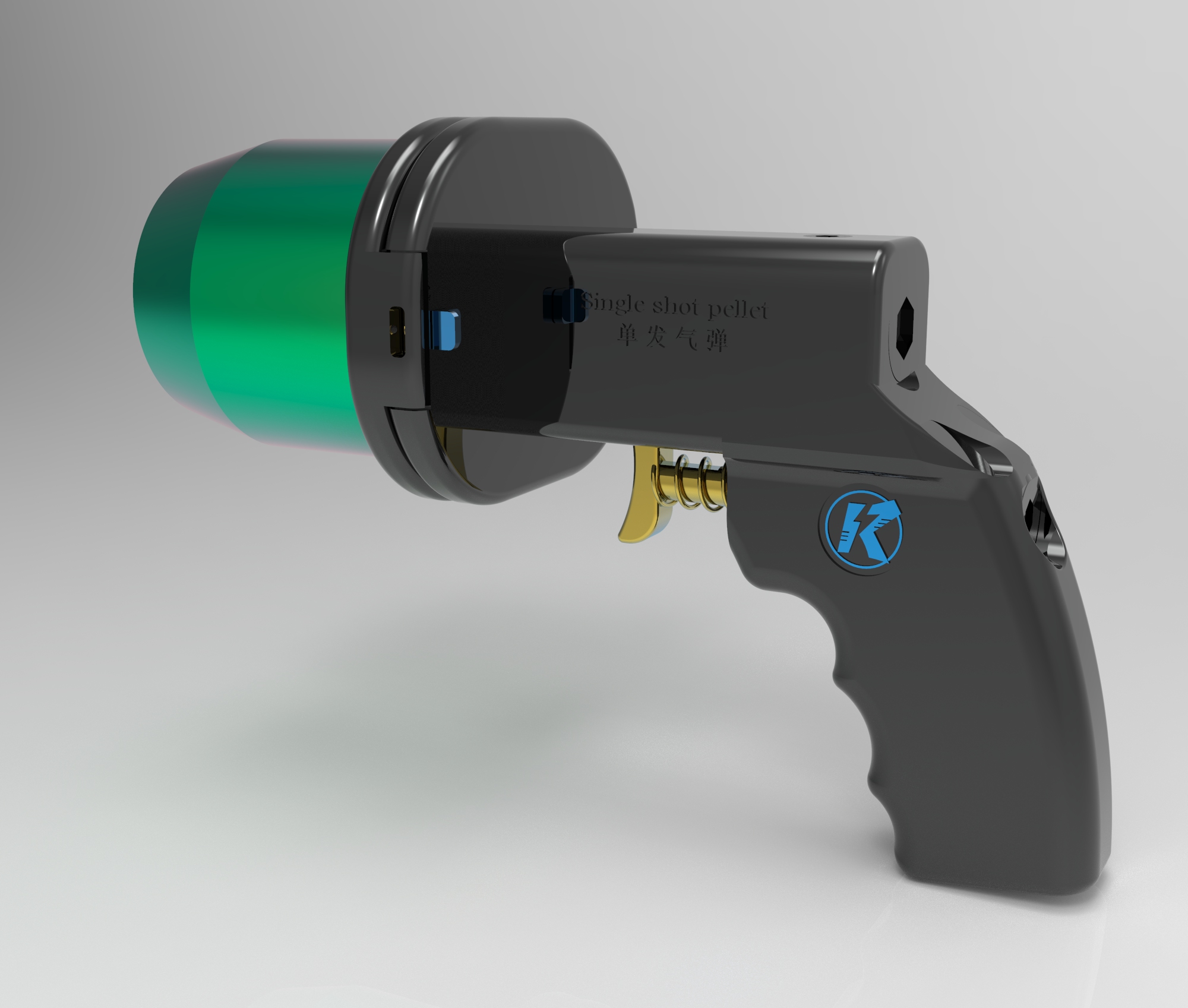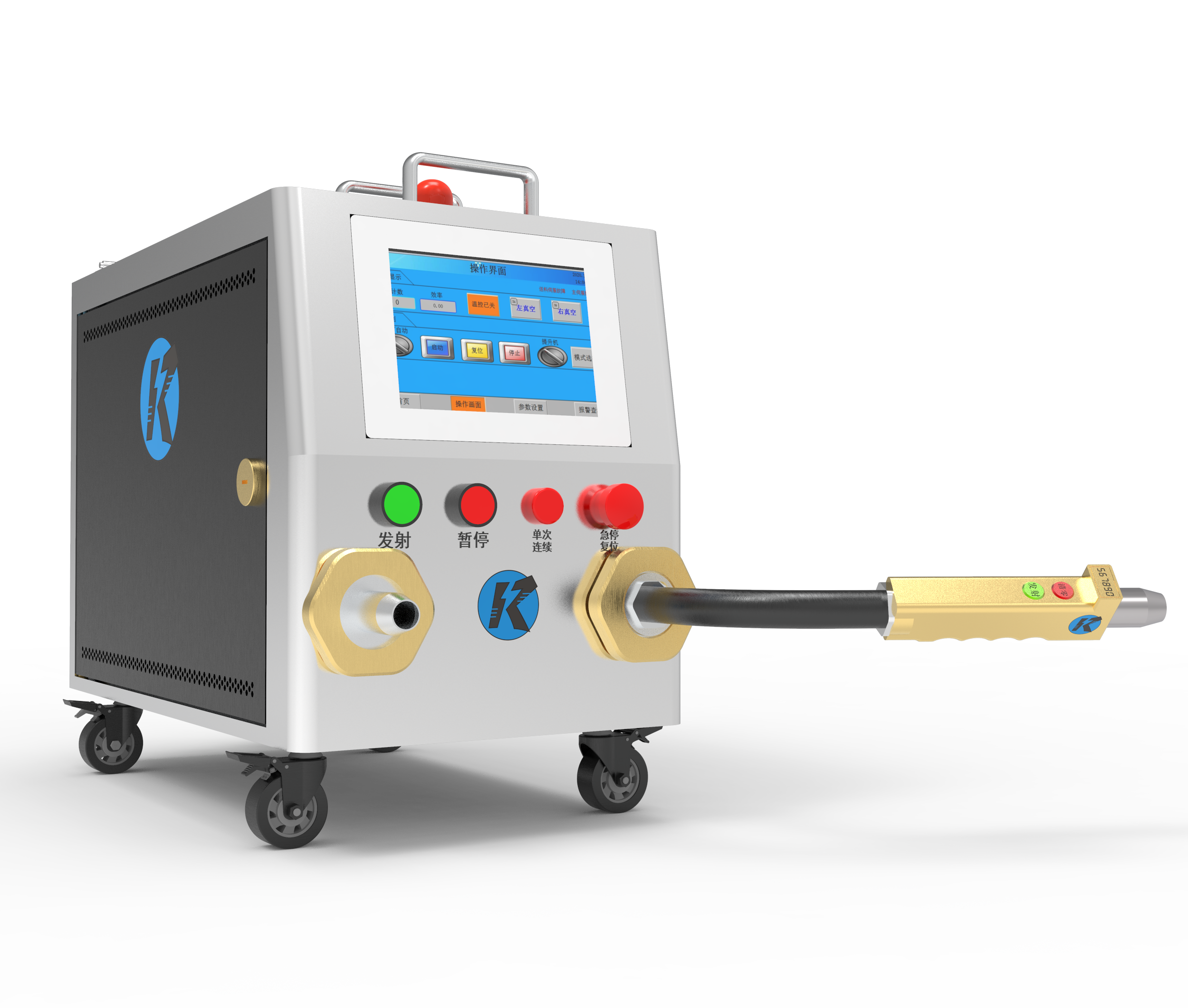Exploring the Future of Robotics: Innovations, Applications, and Ethical Considerations
The term "Robot" has become synonymous with the cutting-edge of technology, embodying the dreams and aspirations of scientists, engineers, and futurists alike. Robots are no longer just the stuff of science fiction; they are an integral part of our daily lives, from the assembly lines of factories to the battlefields of conflict zones, and even in our homes as domestic helpers. This article delves into the world of robotics, discussing the latest innovations, applications, and the ethical considerations that come with the rapid advancement of this field.

Robotics, as a field, has seen exponential growth in recent years. The development of advanced algorithms, improved sensors, and more sophisticated artificial intelligence has allowed robots to perform tasks with increasing autonomy and precision. In industries such as manufacturing, robotics has revolutionized production lines, increasing efficiency and reducing human error. Robots are now capable of handling repetitive tasks, which can be monotonous and physically demanding for humans, thus improving overall productivity and worker safety.

Beyond the industrial sector, robots are finding their way into healthcare, where they assist in surgeries, provide companionship to the elderly, and even help in the rehabilitation of patients. In agriculture, robotic systems are being used for precision farming, which can lead to increased crop yields and reduced environmental impact. The potential applications of robots are vast and varied, and they are continually being explored and expanded upon.
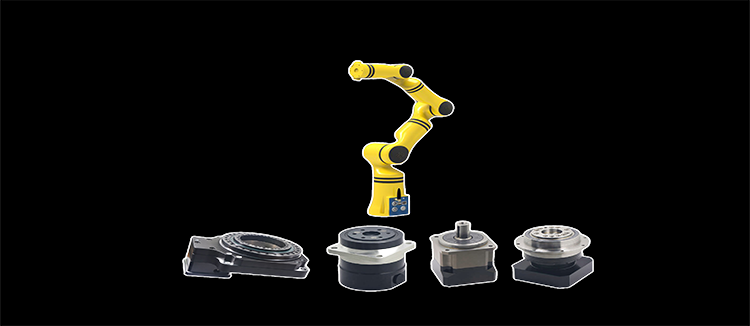
One of the most exciting areas of robotics is the development of humanoid robots. These robots are designed to resemble humans in appearance and movement, which allows them to interact more naturally with humans and perform tasks that require a level of dexterity and understanding that is difficult to achieve with traditional robotic designs. Humanoid robots are being developed for various purposes, from providing assistance in disaster relief to acting as personal companions for individuals who may be isolated or have special needs.
However, with the rapid advancement of robotics comes a set of ethical considerations. As robots become more autonomous and capable, questions arise about their impact on employment, privacy, and even the potential for misuse. The development of military robots, for instance, raises concerns about the ethical implications of using machines in warfare and the potential for escalation of conflicts. Additionally, as robots become more integrated into society, there is a need to consider how they will interact with humans and whether they should be granted certain rights or responsibilities.
The ethical considerations surrounding robotics are complex and multifaceted. They require a collaborative approach from policymakers, technologists, ethicists, and society at large to ensure that the development and deployment of robots are guided by a set of principles that prioritize human well-being and societal values. This includes considerations for transparency in the decision-making processes of autonomous robots, accountability for the actions of robots, and the preservation of human dignity and autonomy in a world increasingly populated by intelligent machines.
As we look to the future, the role of robots in our lives is set to expand even further. From aiding in space exploration to managing household chores, robots are poised to become an even more integral part of our society. The key to navigating this future lies in fostering a dialogue that balances the incredible potential of robotics with the need to address the ethical and societal implications of their widespread adoption.

